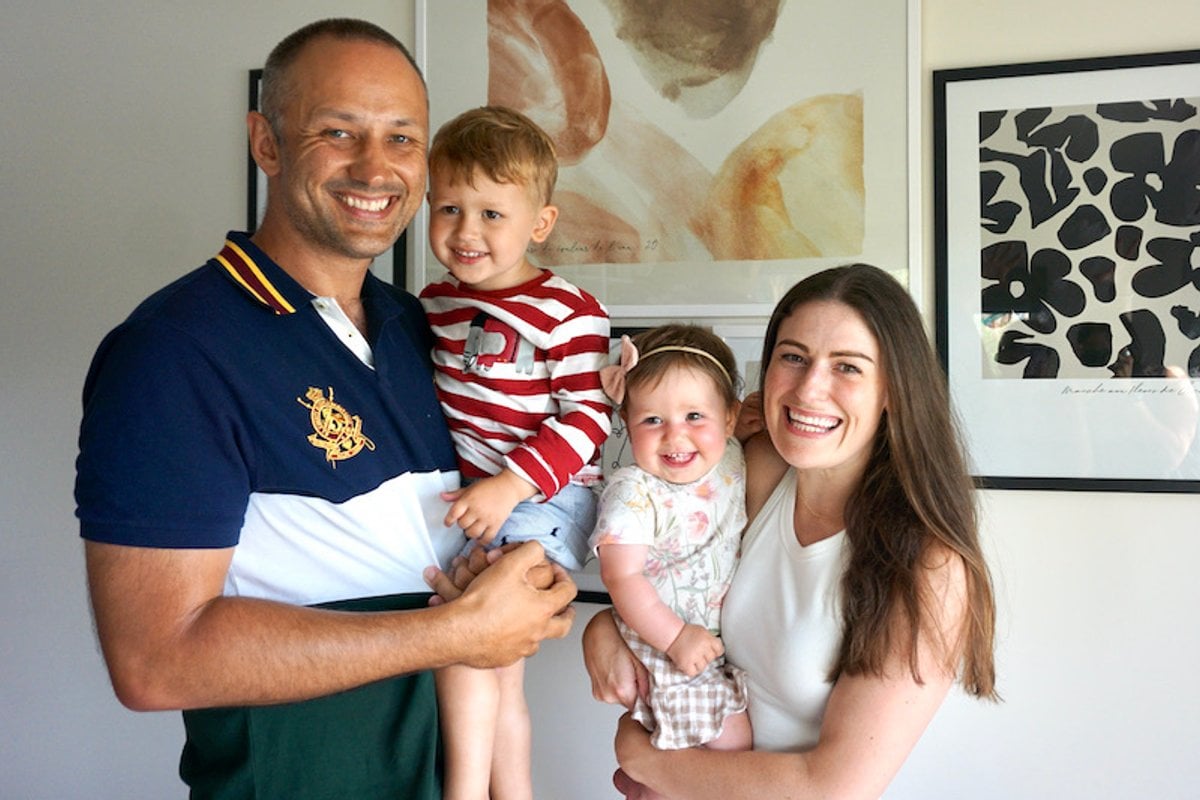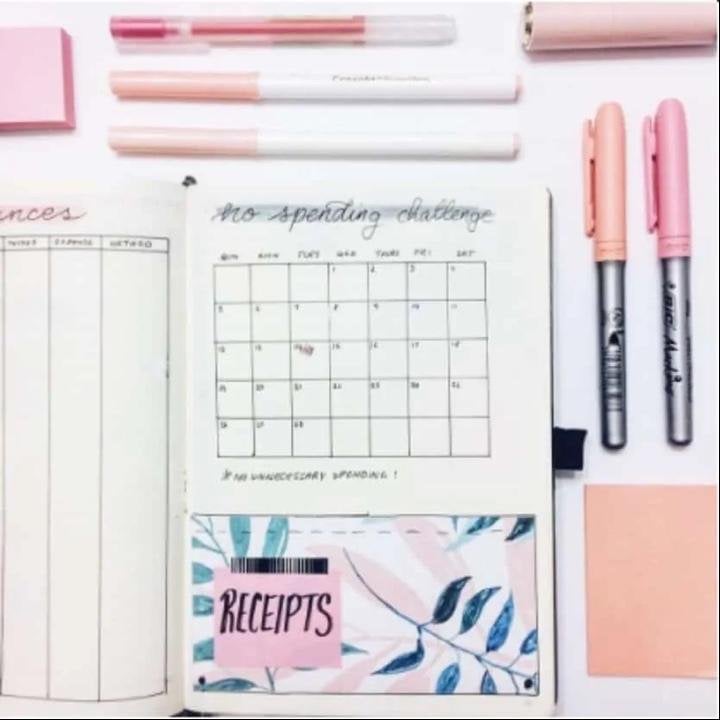
From the comfort of my bed, I still can't ignore the harsh reality of the cost-of-living crisis. My TikTok feed is a constant reminder (as are the soaring prices of everything from petrol to avocados). And while my social media algorithm tries to help with "cost-of-living hacks" and "meal planning on a budget" videos, I can almost physically feel my ADHD rise to greet (and resist) them.
It's been a year since my official ADHD diagnosis, yet the challenge of maintaining sensible financial practices plagued me long before that. Understanding the impact of my condition has shed light on why saving money has always eluded me. It feels as if my ADHD creates an invisible fortress, constructing formidable barriers that stubbornly resist my every attempt to embrace budgeting, meal planning, or establishing emergency savings. Despite sincere intentions, these essential financial practices always seemed overwhelming and unattainable.
It's in being a mother that ADHD challenges me the most already: time management, juggling childcare and household chores, planning for meals, keeping a routine – not to mention running a business and trying to maintain some kind of personal life on top of that. Schedules are in shambles, coordinating family activities is always last minute, and I have a very slap-dash and impulsive approach to spending, whether 'what's for dinner?', or whatever new items are needed at home.
Watch: Mia Freedman on what it's like living with ADHD. Post continues after video.

